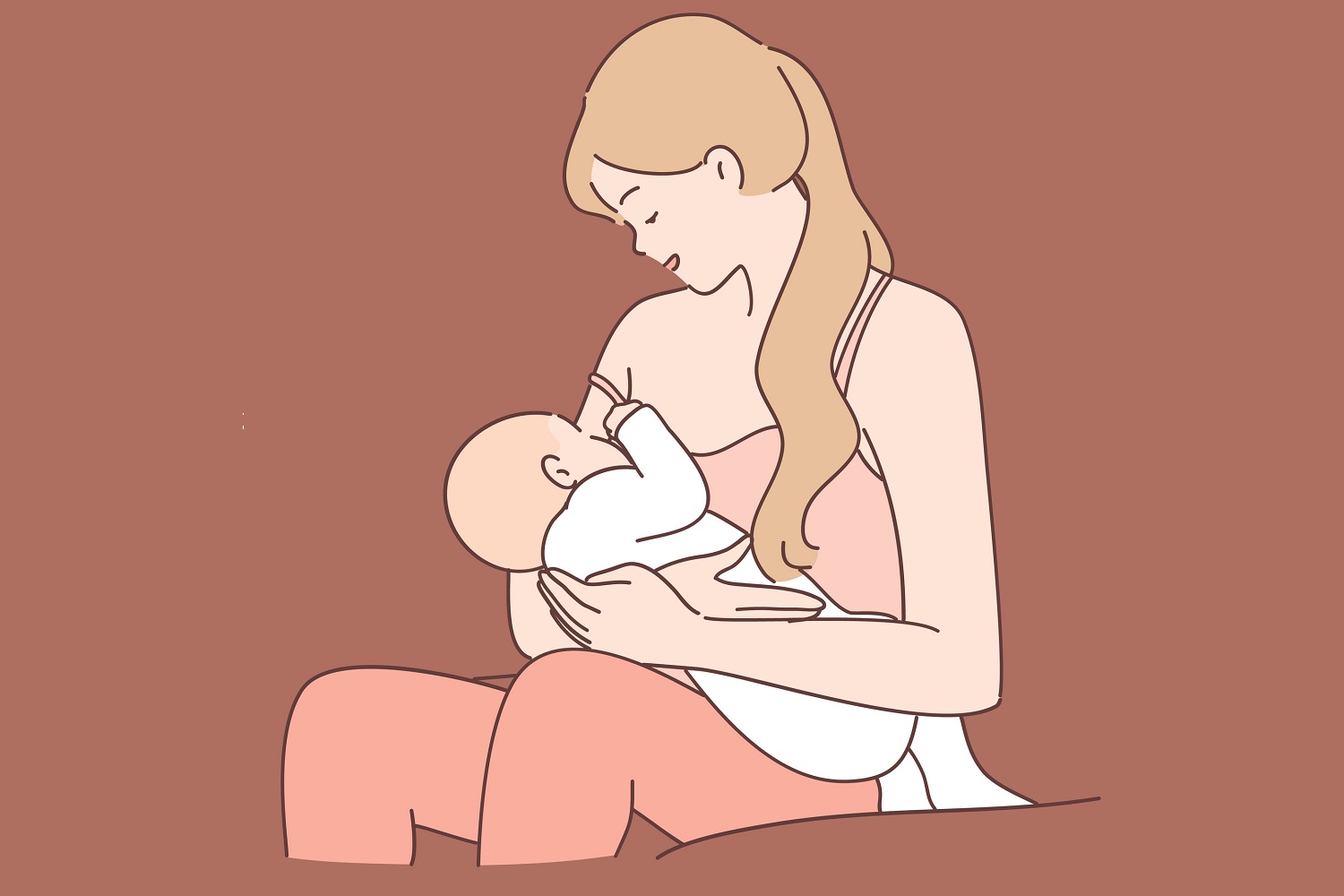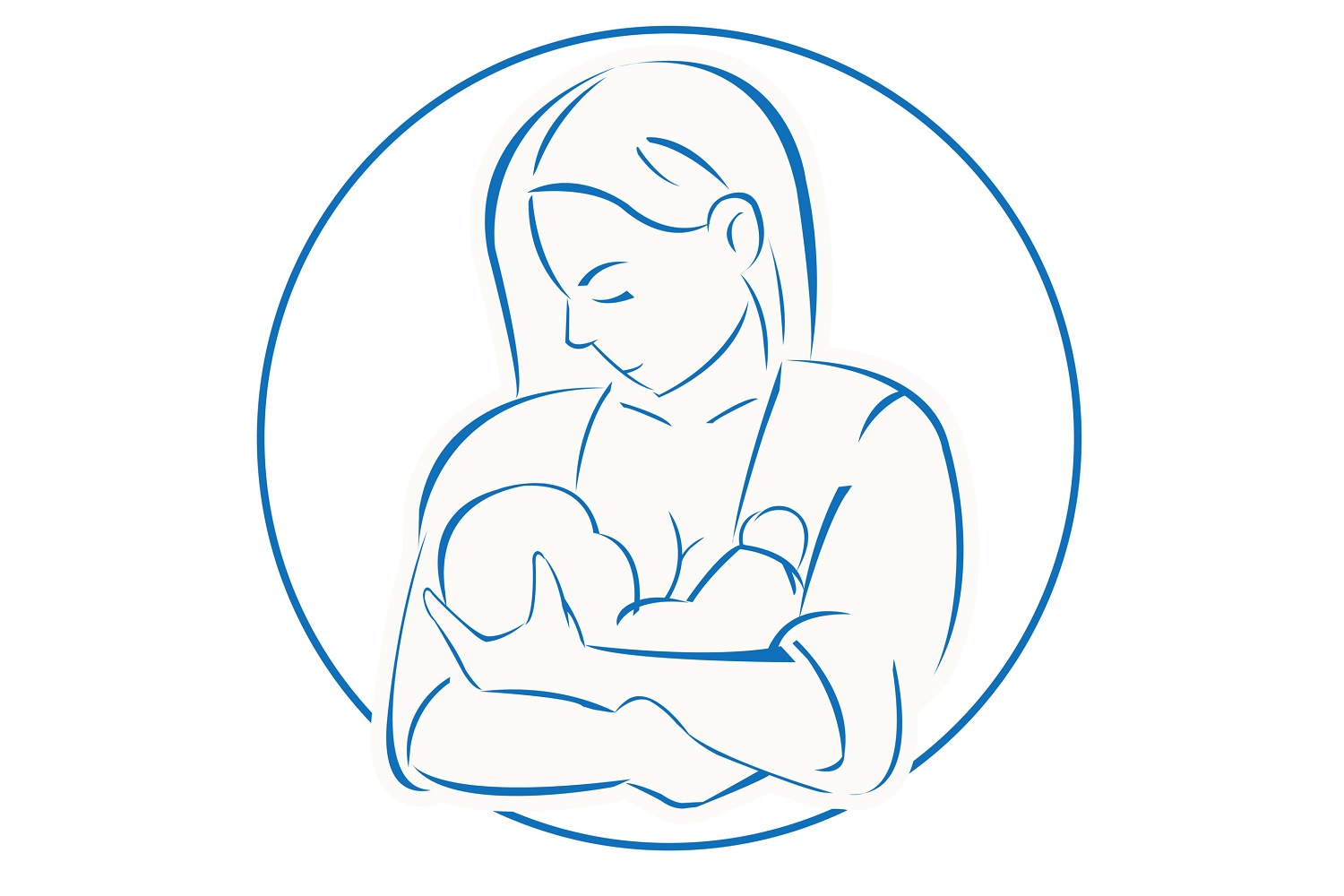Since 1998, we have been supporting breastfeeding parents
It’s true that we started with specific support for families with multiples. However, as early as 2000, our reputation was such that mothers contacted me: “I only have one child, can you help us”; our support was therefore quickly expanded, even though we kept the name and specialization in breastfeeding version 2.0.
With our first certification, it was official in our eyes, our help was for ALL mothers, for ALL breastfeeding parents, regardless of the number of babies:-)
And we quickly acquired several areas of expertise.


Our experience and clinical competence, we acquired it in association.
The most competent IBCLCs are those who have gained their experience and expertise by acting for years, within associations dedicated to breastfeeding, before certifying, and who continue their support in association and/or in private practice.
They are the best!
This clinical experience of the “old ones who have made their mark in association” has been forged by years of practice, representing several hours of support per day, with a diversity of situations and ages, which has allowed us to cover a wide range of situations in accordance with IBLCE recommendations, and has allowed us to develop a vast field of expertise even before certifying.
By maintaining our commitment within associations dedicated to breastfeeding or in the context of private practice, which represents several hours of breastfeeding support per day (!), we are constantly accumulating support hours, exposed to a diversity of situations and ages and increasingly complex cases. This experience allows us to reach the 250 hours of breastfeeding support in just a few months. This speed contrasts sharply with the 250 hours required over a 5-year period by the IBLCE for recertification. This requirement was introduced since certification is reserved for health professionals, in order to facilitate their recertification. However, accumulating 250 hours of contact with breastfeeding mothers over 5 years cannot equate to the expertise and continuous experience that we (in/from association and/or private practice) develop quickly. This decision by the IBLCE was influenced, among other things, by the abrupt closure of the profession for mothers in 2011. It clearly highlights the differences between experienced IBCLCs, particularly those who have worked within associations, and health professionals. These distinctions are mathematically obvious.
A relevant analogy can be made with the announced closure of maternity wards performing less than 1000 births per year. This decision is motivated by the fact that a limited frequency of deliveries does not allow the same experience and competence to be acquired as in larger establishments. It is important to underline that this does not call into question the skills of health professionals in these small maternity wards, but it was judged that several deliveries per day were needed to continue to gain experience and ensure the safety of mothers and infants. Personally, I report a fact, I never said that I validated it. One can understand this desire for safety. One can also reflect on the many risks of the baby factory and the enormous distance between home and maternity that will result, as well as reflect on the fact that, few deliveries per day=a more available and happier staff to be available…
And it is unfortunate that the health care system has not expanded social coverage of breastfeeding consultations
covered when they are offered by midwives, to other people who are graduated, certified, in breastfeeding, would it be only to expand the number of interlocutors for families! And to better take into account these differences in clinical experience, or certain areas of particular expertise, even before certification and then after certification - not to mention that all midwives are not IBCLC.


In private practice, there are bills; perhaps by grouping together, some mutual insurance companies, taking into account the costs of health care for children who are not breastfed, or little breastfed, or breastfed for a short time, will see a financial advantage in covering consultations, including by non-midwife actors.
Credit images: Breast Feeding Vectors by Vecteezy
The second image, blue drawing on a white background, is the good plan for a bad latch and for cracks, sore nipples and milk insufficiencies!
Our areas of expertise
I am an IBCLC and I am an expert in all areas; however, there are areas in which I have specialized even more, due to years and years of reading textbooks, attending conferences, analyzing published studies (advantage when you are a trainer, you are always looking for new information!) and experience.
The Latch
All the anatomical and physiological mechanics of the latch
Master the normal and be able to recognize the abnormal, track the cause, remedy it.
Oral and facial structures
Are there any tensions, “anomalies”? Do they only fall under the care of an osteopath or chiropractor? Or not?
Buccal ties (of which ankyloglossia but not only)
For over 15 years, one of our major specialties has been the determination of a restrictive buccal ties, of tongue, lips, cheeks ties... With a knowledge of massage-exercises, Tummy Time Method! + a network approach for the final diagnosis and decision-making together.
No conflict w/r to TTM™
No risk of conflict with respect to my Tummy Time activity; I have committed myself to Tummy Time to stay as close as possible to the families I support in breastfeeding/feeding. However, always, I share all the elements with the families, so that the families make their decision, their own decision, and I accompany them without judgment, whatever their decision.
Situations of malformations, anatomical variations
Infant feeding, more specifically feeding at breast or at chest, can be complicated in cases of malformations, or anatomical variations, whether they are in the child or in the breast/chestfeeding parent! And this may require a particular knowledge of anatomy and physiology, a reevaluation of posture, looking for compensation angles, or even alternative methods for feeding.
some of my patients are not breast/chestfed or even do not receive any breastmilk, thus I may help them thanks to my knowledge in areas that are eventually not only for feeding at breast
Pathologies, conditions, handicaps
Again, feeding can be complicated, whether the situation is temporary (acute, like bronchitis or a broken leg) or chronic (disabling disease, condition) and this may require adjustments, or even: respond to the doctor who is questioning the compatibility of your treatment.
some of my patients are not breast/chestfed or even do not receive any breastmilk thanks to this knowledge about diseases and conditions and handicaps.
Milk insufficiencies
Includes severe lack of milk. I smile when mothers tell me “ah, I have plenty of milk again and without herbal tea!”
All perspectives are included, including your breastfeeding and milk history, your medical history; we offer families and their doctor, individualized protocols ((your breasts, your lactation, your baby) to restart lactation while ensuring that the child is properly fed.
Induction of Lactation
Whether you want to breastfeed and/or feed with your own milk, an adopted child (thus without pregnancy), or you are a parent from the LGBTQIA+ community with particular needs at the mammary gland level....
Plan & Prices
One single Consultation
- 1 consultation dur. 2h30 minimum
- (often lasts more)
- follow up type sms for the issue linked to this consultation
One consultation + 1 (follow-up)
- First consultation lasts 2h30
- (often lasts more )
- follow up type sms for the issue linked to this consultation
- A second consultation (shorter than the main one) as follow-up for the issue linked to the consultation - check again the latch for example or check for oral structures of the baby or the breasts/chest
Breast/chestfeeding + Tummy Time
- non encore fixé
- 1 Breastfeeding consultation dur. 2h30
- (often more)
- 1 first workshop of Tummy Time
- follow up type sms for the issue linked to the consultation